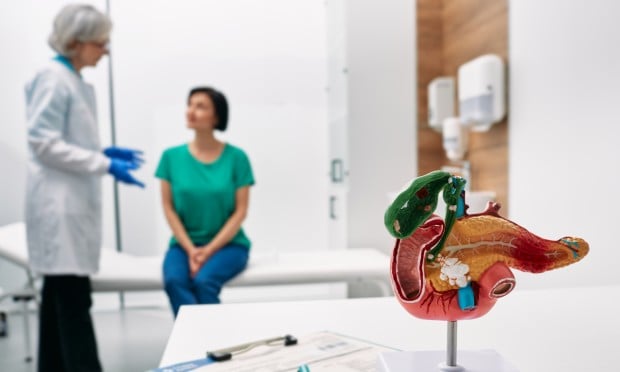WASHINGTON (AP) — Michael Lee knew he was still in bad shape when he left the hospital five days after emergency heart surgery. But he was so eager to escape the constant prodding and the roommate's loud TV that he tuned out the nurses' care instructions.
"I was really tired of Jerry Springer," the New York man says ruefully. "I was so anxious to get out that it sort of overrode everything else that was going on around me."
He's far from alone: Missing out on critical information about what to do at home to get better is one of the main risks for preventable rehospitalizations.
"There couldn't be a worse time, a less receptive time, to offer people information than the 11 minutes before they leave the building," said readmissions expert Dr. Eric Coleman of the University of Colorado in Denver.
Complete your profile to continue reading and get FREE access to BenefitsPRO, part of your ALM digital membership.
Your access to unlimited BenefitsPRO content isn’t changing.
Once you are an ALM digital member, you’ll receive:
- Critical BenefitsPRO information including cutting edge post-reform success strategies, access to educational webcasts and videos, resources from industry leaders, and informative Newsletters.
- Exclusive discounts on ALM, BenefitsPRO magazine and BenefitsPRO.com events
- Access to other award-winning ALM websites including ThinkAdvisor.com and Law.com
Already have an account? Sign In
© 2024 ALM Global, LLC, All Rights Reserved. Request academic re-use from www.copyright.com. All other uses, submit a request to [email protected]. For more information visit Asset & Logo Licensing.








